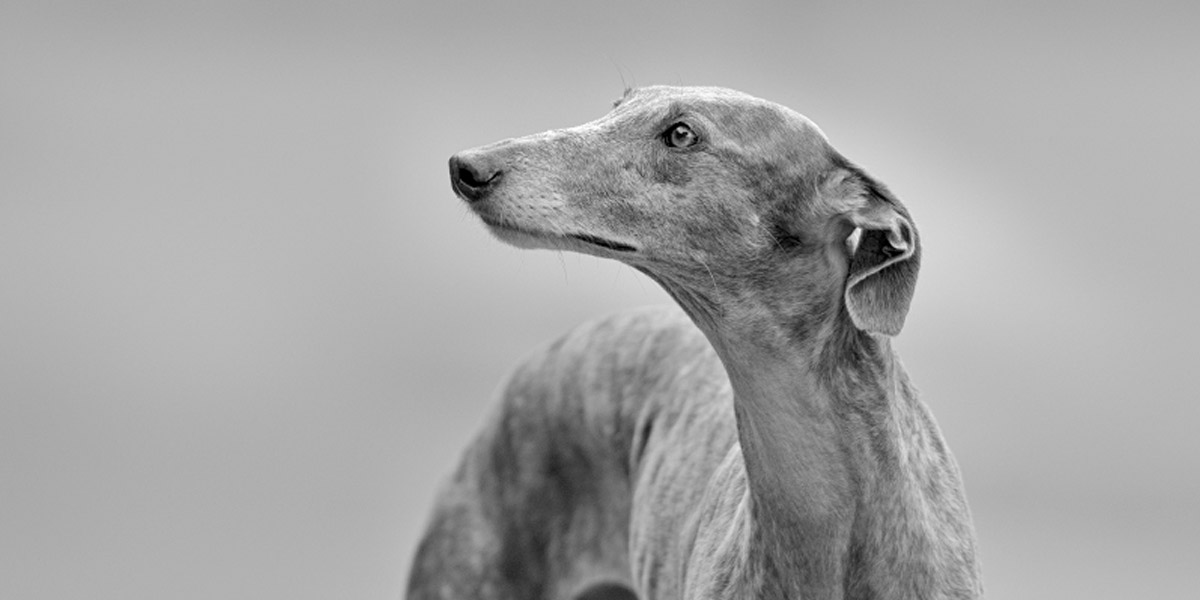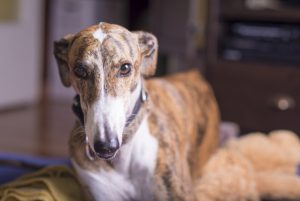Experimental surgery is being conducted on greyhound dogs around the country as doctors warn that dogs do suffer during their captivity and invasive procedures.
Humane Research Australia has uncovered a string of cases in which 78 greyhounds, believed to be discarded by the racing industry, have been used in Victoria, South Australia and Western Australia for dental, kidney and heart experiments.
The experiments are cruel and abusive. They are even further unjustified when we consider the growing evidence that dogs, and other animals, are poorly representative of human biology and diseases.
Cardiologist Dr John Pippin, Director of Academic Affairs, Physicians Committee for Responsible Medicine in the US has said “As a cardiologist who performed similar research using dogs early in my career, I learned two truths that were game-changing for me. First, the dogs used in such research do indeed suffer and of course are killed. That cannot be spun into “humane treatment.”
“Second, the differences in canine and human cardiac anatomy, physiology, and genetic determinants are immutable, making any translation of results to humans speculative. For ethical and scientific reasons, the use of dogs or any other animals for research into human diseases and treatments must end.”
Dr Andrew Knight, BSc (Vet Biol), BVMS, CertAW, DipECAWBM (AWSEL), PhD, MRCVS, SFHEA: “Virtually all the greyhounds I’ve met in my years of veterinary practice have been docile, trusting animals. To use them to practice invasive procedures and then kill them is a profound betrayal of trust. Living animals are not disposable teaching tools. When used in teaching they should never be harmed, and every effort should always be made to adopt them into caring homes as quickly as possible.”
The revelations about the experiments on greyhounds come after the greyhound racing industry in New South Wales was temporarily shut down following footage showing industry participants were involved in live baiting, mass killings and burials of unwanted dogs.
Legislation was passed to prohibit greyhound racing in NSW from July 2017 but has since been revoked. The unjustified exploitation of “man’s best friend” by an industry fueled by greed and indifference to suffering was found to have subjected countless smaller animals to fear, terror and extreme suffering as they were used as live bait, and the dogs themselves considered a commodity to be discarded if they were unable to run fast enough and provide a profit. Despite the clear brutality however, there is yet another facet to this malevolent industry as greyhound owners relinquish non-profitable animals to another cruel fate – the research laboratory!
There are several reasons why this practice is so unethical:
- Ex-racing greyhounds have already suffered the fear and distress of being used in the racing industry. Their use in research is the ultimate betrayal and one that cannot be condoned in a caring society.
- The use of ex-racing dogs creates a dependence on an industry renowned for its mistreatment of animals and is therefore taking advantage of the human irresponsibility and cruelty rather than addressing the problem.
- The primary justification for using ex-racing dogs in research is that they are already destined to die, so their use in cruel experiments will give their lives and deaths purpose. But these animals are sentient individuals and not mere tools for research. They already have their own intrinsic worth.
- The major anatomical, genetic and metabolic differences between humans and dogs make them inappropriate models for the study of human disease and biology.
Conclusion
Around Australia, approximately seven thousand dogs are used in research and teaching every year. In addition to greyhounds, beagles are often used because of their friendly, docile temperaments. Unfortunately the fate of the vast majority of these animals is rarely as fortunate as Mickey’s.
Is this how we repay the devotion and loyalty of “Man’s Best Friend”? Dogs deserve better!
For more info : Victoria lab experiments kill 100 dogs for drug and dental research – The Age


